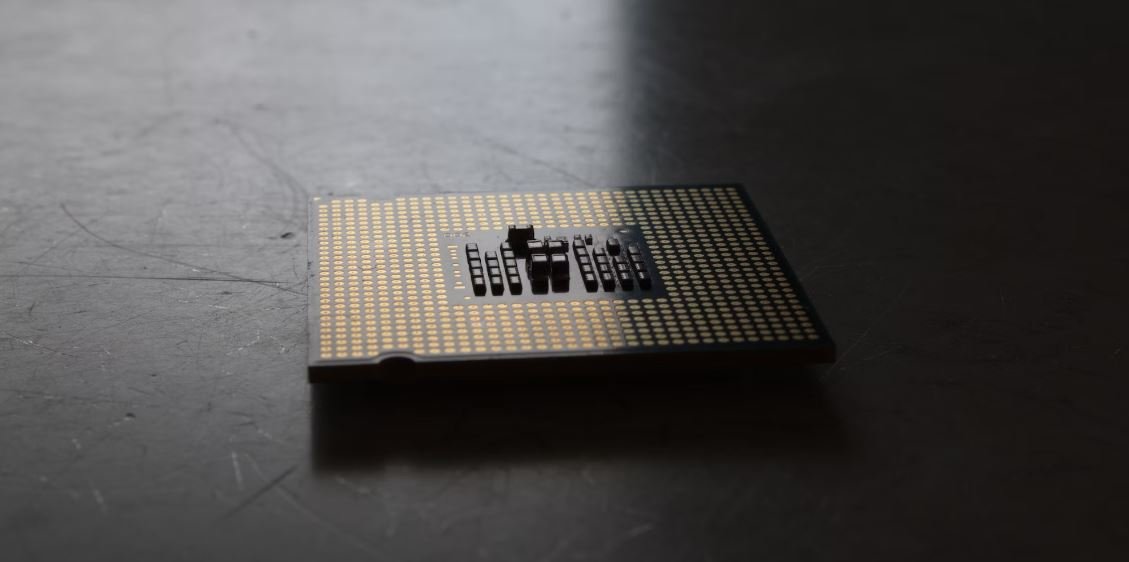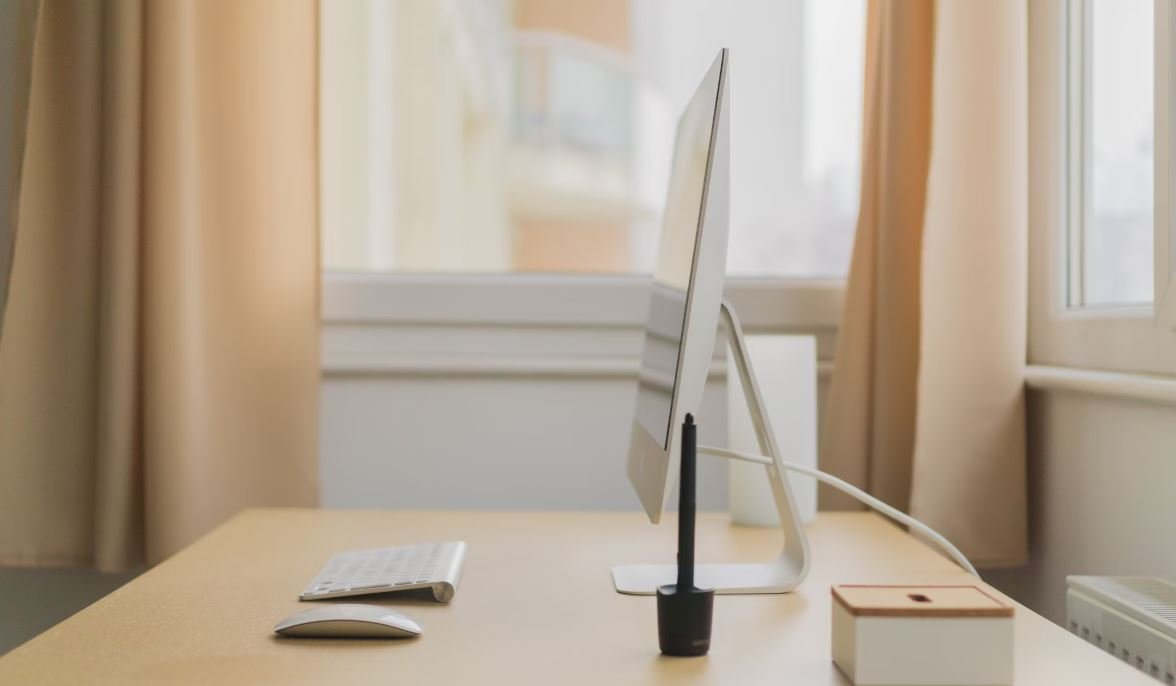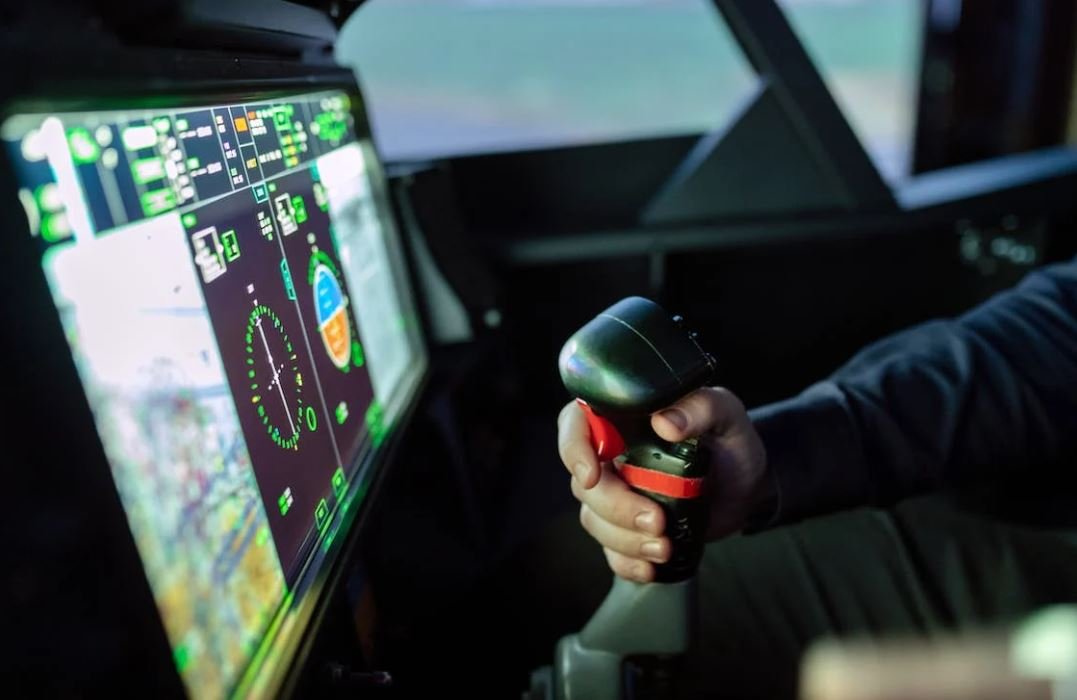How to Start a Podcast without Equipment
Starting a podcast can be an exciting venture for anyone looking to share their knowledge, experiences, or stories with the world. While having professional equipment can enhance the production quality, it is possible to start a podcast without any specialized gear. In this article, we will explore some tips and techniques for launching a podcast with minimal equipment.
Key Takeaways:
- Create a concept and target audience for your podcast.
- Focus on content quality and organization.
- Choose a suitable recording location.
- Utilize free podcasting platforms for hosting and distribution.
1. Define Your Concept and Target Audience
Before diving into podcasting, it’s crucial to define your concept and identify your target audience. Having a clear direction will help you create relevant content and attract the right listeners. Whether it’s a niche topic, storytelling, interviews, or informative discussions, find what resonates with you and your potential audience.
*Remember to be authentic and passionate about your chosen theme, as it will shine through your episodes.*
2. Content Quality and Organization
While having top-notch equipment isn’t necessary, focusing on content quality is essential. Develop an outline for each episode, including talking points and transitions. This will ensure a smooth flow and organized structure.
*Don’t be afraid to experiment with different formats and segments to keep your listeners engaged and coming back for more.*
3. Choose the Right Recording Location
When starting a podcast without equipment, finding a suitable recording location becomes crucial. Look for a quiet and relatively echo-free space, such as a closet, basement, or a well-insulated room. Minimize background noise by turning off appliances or recording during quieter times of the day.
*Remember, optimizing your recording space might require some trial and error until you find the perfect setup.*
| Podcast Equipment Alternatives | |
|---|---|
| Item | Alternative |
| Microphone | Smartphone headset microphones, USB microphones |
| Pop Filter | Socks (stretch over the microphone), pantyhose |
| Headphones | Earbuds, regular headphones |
| Audio Editing Software | Free podcast editing software such as Audacity |
4. Free Podcast Hosting and Distribution Platforms
Once you’ve recorded and edited your episodes, you need a platform to host and distribute your podcast. Luckily, there are many free options available, such as Anchor, Podbean, and SoundCloud. These platforms simplify the process by handling the technical aspects and making your podcast accessible to various podcast directories.
*By utilizing free hosting and distribution services, you can focus more on producing great content and growing your audience.*
| Benefits of Free Podcast Hosting Platforms | |
|---|---|
| Platform | Benefits |
| Anchor | Automatic distribution, monetization options, collaborative tools |
| Podbean | User-friendly interface, built-in monetization options, promotional features |
| SoundCloud | Large podcasting community, customizable player, social sharing features |
In conclusion, starting a podcast without equipment is entirely possible with some creativity and resourcefulness. By defining your concept and target audience, focusing on content quality, choosing a suitable recording location, and utilizing free podcasting platforms for hosting and distribution, you can launch your podcast and start sharing your unique voice with the world.

Common Misconceptions
Misconception 1: You need expensive equipment to start a podcast
- Quality microphones and headphones are often recommended, but you can start with basic ones
- Smartphone apps can be used to record and edit podcasts without the need for additional equipment
- Improvising with household items can produce decent audio quality in the beginning
Many people believe that starting a podcast requires a significant investment in expensive equipment. While having quality gear can enhance the audio experience, it is not a prerequisite. You can begin with basic equipment and gradually upgrade as you gain more experience and resources.
Misconception 2: Technical knowledge is required to start a podcast
- There are user-friendly podcasting platforms that simplify the technical side of podcasting
- Tutorials and online courses can help you learn how to edit audio files and use podcasting software
- Podcast hosting platforms streamline the process of uploading and distributing your podcast
Another common misconception is that extensive technical knowledge is necessary to start a podcast. The truth is, there are numerous user-friendly platforms and resources available that simplify the technical aspects of podcasting. With the help of online tutorials and courses, anyone can learn how to edit audio files, use podcasting software, and distribute their podcast on various platforms.
Misconception 3: Starting a podcast requires a massive audience
- A small, niche audience can be just as valuable as a large one
- Engaging content and promotion strategies can help you build a loyal listener base over time
- Targeting specific communities and using social media can effectively reach your desired audience
Another misconception is that you need a massive audience from the start. While having a large following is beneficial, it is not essential for success. A small, dedicated audience can be just as valuable, especially if they are highly engaged and share your content. With consistent and engaging content, along with targeted promotion strategies, you can gradually build a loyal listener base.
Misconception 4: Podcasting requires significant time commitment
- Podcasts can be as short as a few minutes, making them more manageable for busy schedules
- Batch recording and scheduling releases in advance can save time and maintain consistency
- Outsourcing tasks like editing or show notes can free up time for content creation
Some people believe that podcasting demands extensive time commitment, which can be daunting for those with busy schedules. However, podcasts can be as short as a few minutes, allowing for manageable recording and editing times. Additionally, batch recording and scheduling releases in advance can help save time and ensure consistency. Outsourcing certain tasks like editing or show notes to professionals or virtual assistants can also free up time for content creation.
Misconception 5: Podcasts are only for professional broadcasters or experts
- Podcasts welcome and encourage diverse voices and perspectives
- Hobbyists and enthusiasts can create engaging and valuable content for specific niche audiences
- Through podcasting, you can share personal experiences, passions, or explore new topics of interest
Lastly, a common misconception is that podcasts are only for professional broadcasters or experts in a particular field. In reality, podcasts provide a platform for anyone to share their voice and expertise. Whether you are a hobbyist, enthusiast, or simply passionate about a subject, you can create valuable and engaging content that resonates with specific niche audiences. Podcasting can be a way to share personal experiences, delve into your passions, or explore new topics of interest.

Creating Engaging Content for Your Podcast
Producing a successful podcast requires more than just quality equipment. Crafting engaging content is key to attracting and retaining listeners. Here are ten proven strategies for creating captivating content for your podcast:
Segment Breakdown
Divide your podcast into segments to keep listeners engaged and interested throughout the episode. Research shows that podcasts with structured segments tend to have higher listener retention rates.
| Segment | Description |
|---|---|
| Introduction | Welcome listeners and introduce the topic. |
| Interview | Conduct an insightful interview with a guest. |
| Discussion | Engage in a lively discussion related to your podcast theme. |
| Listener Questions | Answer questions from your audience. |
| Recommendations | Suggest books, movies, or products aligned with your podcast’s subject. |
| Conclusion | Wrap up the episode and encourage listeners to subscribe or visit your website. |
Inviting Guest Experts
Bringing in guest experts can add tremendous value and variety to your podcast episodes. By featuring professionals in your industry, you can provide unique insights and perspectives to your audience.
| Guest Expert | Industry | Topic |
|---|---|---|
| Dr. Jane Reynolds | Psychology | Mental Health Tips for Everyday Life |
| John Smith | Entrepreneurship | Starting a Successful Online Business |
| Sarah Thompson | Marketing | Social Media Strategies for Growing Your Brand |
Research-Backed Facts
Back up your podcast discussions with reliable research and facts to enhance your credibility. Conduct thorough research and present accurate data to support your arguments or advice.
| Episode Topic | Research Reference | Data Points |
|---|---|---|
| Effects of Exercise on Mental Health | Journal of Health Psychology | – Increased dopamine levels by 20% – Reduced symptoms of depression by 40% |
| Benefits of a Plant-Based Diet | Nutrition Reviews | – Lower risk of heart disease by 30% – Reduced cholesterol levels by 15% |
Interactive Quizzes
Add an interactive element to your podcast by incorporating quizzes or trivia games related to your topic. Engaging your listeners in a fun quiz can boost their interest and encourage active participation.
| Quiz Topic | Difficulty Level | Correct Answers |
|---|---|---|
| Famous Movie Quotes | Intermediate | 8 out of 10 |
| Historical Events | Difficult | 5 out of 8 |
Engaging Storytelling
Storytelling is a powerful tool for captivating your audience. Crafting compelling narratives can immerse your listeners, making them more emotionally invested in your podcast. Remember to use vivid descriptions and choose stories that resonate with your target audience.
| Story Title | Main Characters | Plot Highlights |
|---|---|---|
| The Adventure of Leo the Lion | Leo (the Lion), Sam (the Squirrel), Bella (the Bird) | Leo saves the animal kingdom from an evil sorcerer. |
| The Curious Case of Anna’s Amulet | Anna (the Archaeologist), Professor Stevens | Anna embarks on a thrilling treasure hunt for a mystical amulet. |
Exclusive Interviews
Secure exclusive interviews with renowned individuals in your field to increase the appeal of your podcast. Offering listeners the chance to hear unique perspectives and experiences can significantly boost engagement.
| Interviewee | Profession | Insights Shared |
|---|---|---|
| Michael Adams | Award-Winning Author | Tips on Becoming a Successful Writer |
| Dr. Emily Davis | Fitness Expert | Secrets to Maintaining a Healthy Lifestyle |
Listener Questions and Shoutouts
Incorporate questions from your listeners into your podcast episodes to cultivate a sense of community and engage with your audience directly. Answering their inquiries and giving shoutouts can foster a stronger connection.
| Listener Name | Question/Comment |
|---|---|
| Ethan Stevens | “What are your top book recommendations for personal growth?” |
| Lisa Thompson | “I love your podcast! Can I get a shoutout in the next episode?” |
Special Guests: Inspiring Stories
Invite guests who have overcome challenges or achieved remarkable feats to share their inspiring stories. These narratives can captivate your audience, inspire them, and create a positive impact.
| Guest Name | Story Title |
|---|---|
| John Cooper | From Homeless to Entrepreneur: A Journey of Resilience |
| Sarah Adams | Overcoming Adversity: How I conquered my fear of public speaking |
Monthly Challenges
Propose monthly challenges to your audience, encouraging them to actively participate and share their progress. This fosters a feeling of involvement and creates a sense of community among your listeners.
| Month | Challenge | Shared Results |
|---|---|---|
| January | 30-day Meditation Challenge | Received 50 submissions; 70% reported reduced stress |
| March | Eco-Friendly Lifestyle Challenge | Received 100 submissions; 80% made sustainable changes |
Conclusion
Starting a podcast without the need for extensive equipment is absolutely possible. By focusing on creating engaging content, you can captivate listeners and build a loyal audience. Utilize the strategies mentioned above, such as segment breakdowns, guest experts, research-backed facts, interactive quizzes, captivating storytelling, exclusive interviews, listener engagement, inspiring stories, and monthly challenges, to make your podcast an irresistible experience for your audience. With dedication and creativity, your podcast can thrive and make an impact in the podcasting world.
Frequently Asked Questions
What is required to start a podcast without equipment?
Can I use my smartphone to record a podcast?
How can I improve audio quality without professional equipment?
What are some free audio recording and editing software options?
How can I distribute my podcast without equipment?
Is it necessary to have a script for a podcast without equipment?
How can I promote my podcast without equipment?
Can I monetize my podcast without equipment?
Are there any legal considerations when starting a podcast without equipment?
How can I engage with my podcast audience without equipment?


Leave a Reply